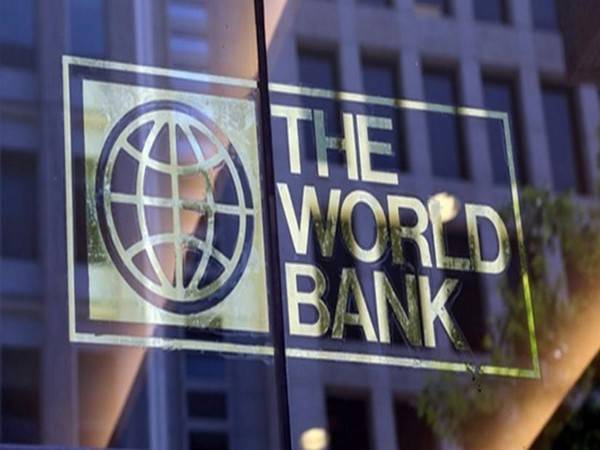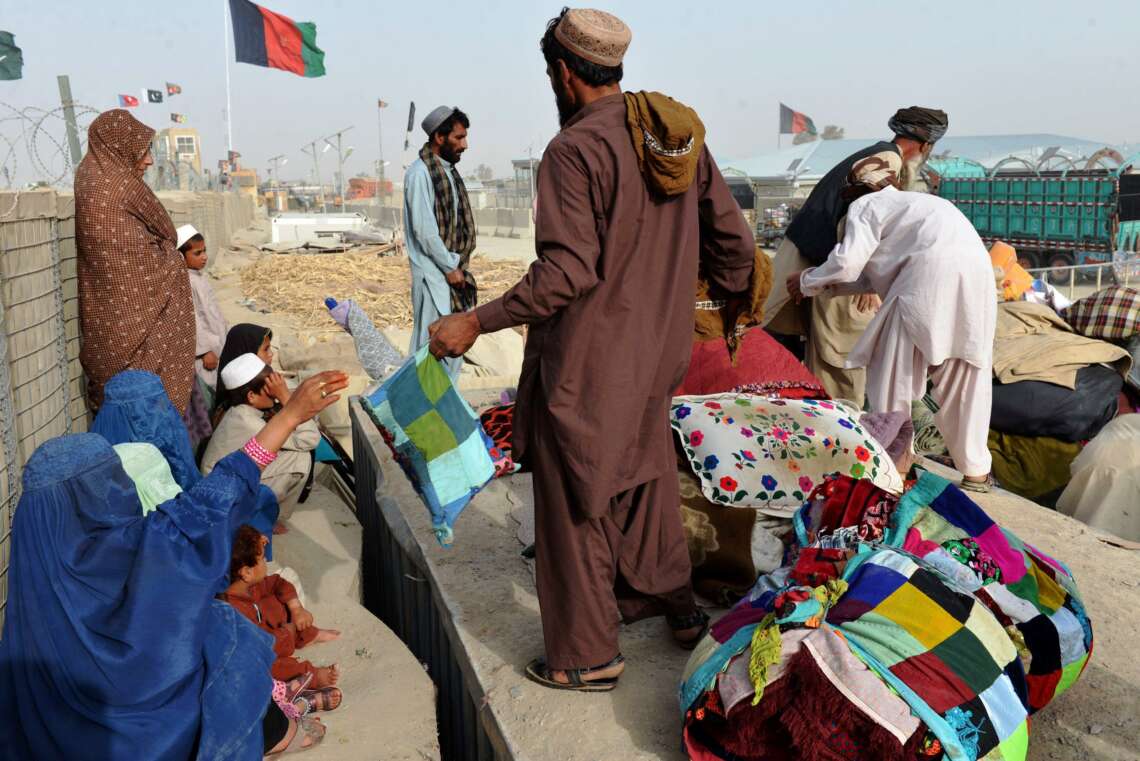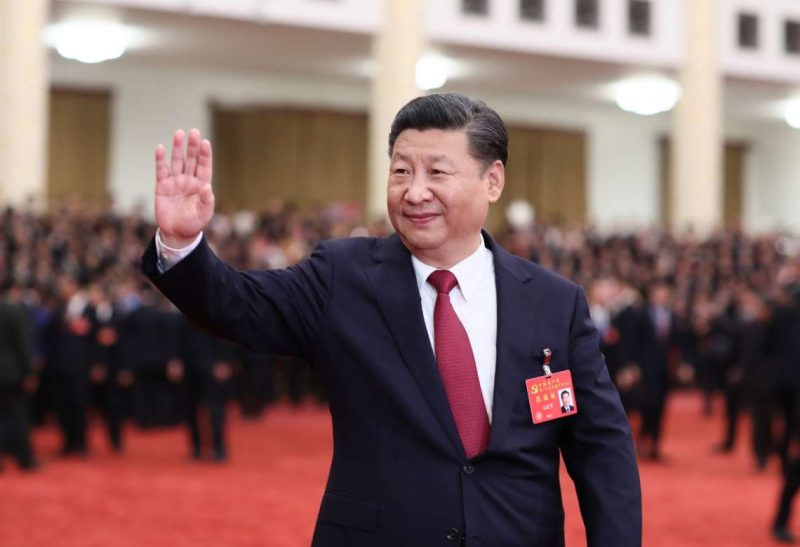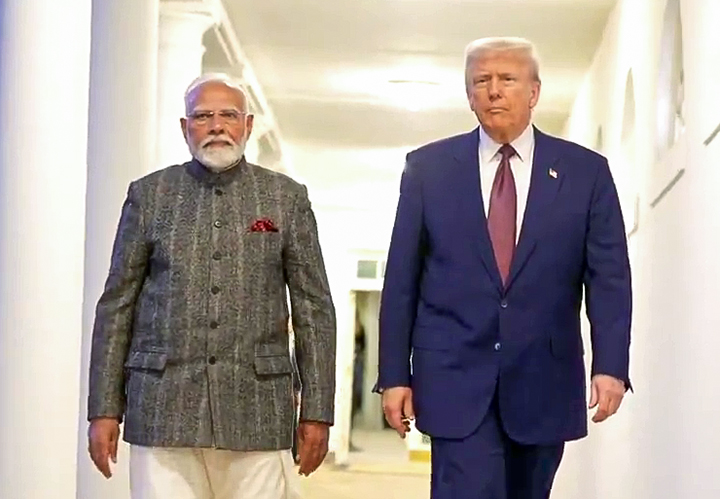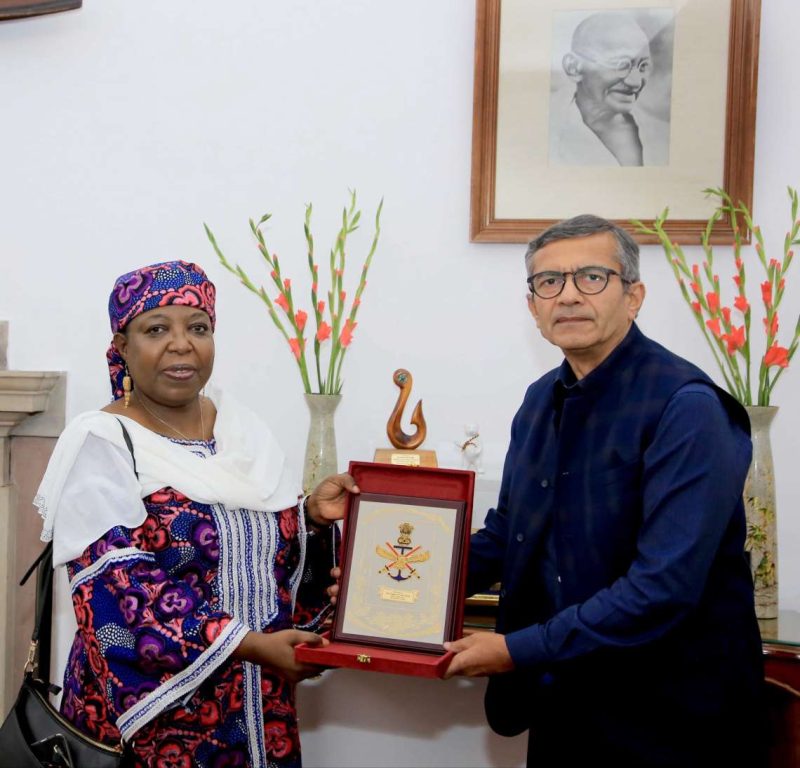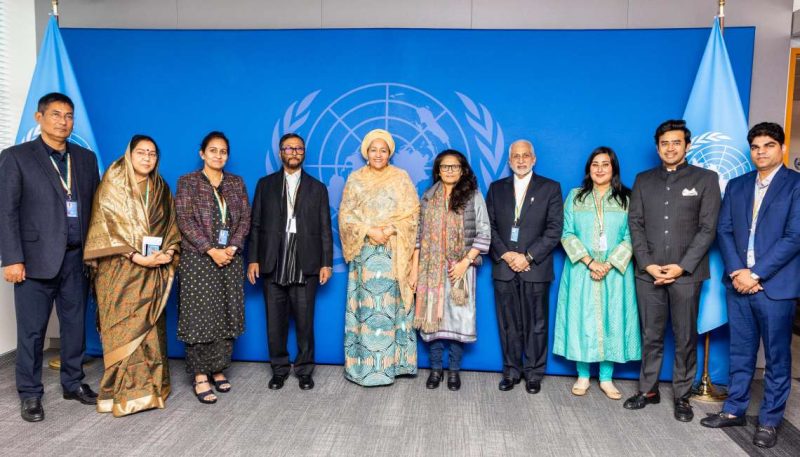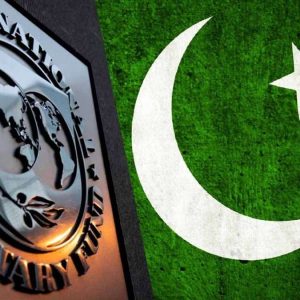The fund issued by the World Bank also focuses on accelerating national efforts towards universal health coverage in Pakistan…reports Asian Lite News
In order to improve the primary healthcare services in Pakistan, the World Bank has approved providing USD 258 million to the country, a press release by the International Financial Institution said in a statement on Wednesday.
The fund issued by the World Bank also focuses on accelerating national efforts towards universal health coverage in Pakistan, the Dawn reported.
Notably, the National Health Support Programme “complements ongoing investments in human capital and builds on health reforms that aim to improve quality and equitable access to healthcare services, especially in communities lagging behind national and regional-level health outcomes.”
It identified three areas of focus for healthcare reforms under the initiative: healthcare coverage and quality of essential services, governance and accountability and healthcare financing.
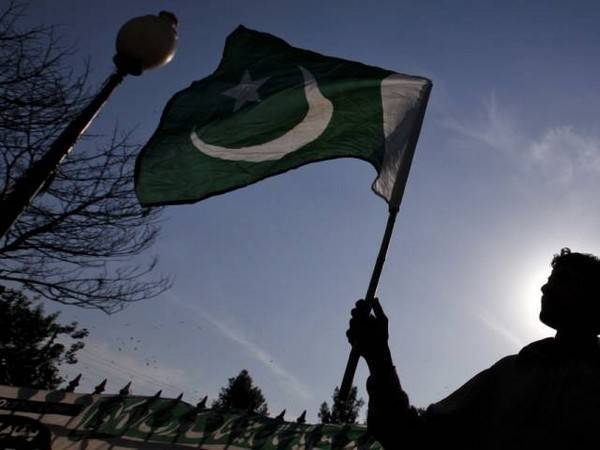
Speaking of the National Health Support Programme, the World Bank Country Director for Pakistan, Najy Benhassine said, “By strengthening provincial health systems, this programme is foundational to building the country’s human capital and improving health and nutrition outcomes for its citizens”.
“Pakistan continues to make strides in health reforms toward ensuring access to primary healthcare services, especially for children and women during pregnancy and childbirth,” he said.
The NHSP is co-financed by the International Development Association (USD 258 million) and two grants (USD 82 million) from the Global Financing Facility (GFF) for Women, Children and Adolescents (GFF), including a USD 40 million grant for protecting essential health services amid multiple global crises, the Dawn reported citing the press release.
The press release quoted the head of secretariat at Global Financing Facility (GFF), Monique Vledder saying, “The partnership between the GFF and the government of Pakistan focuses on building sustainable health systems while ensuring that all women, children and adolescents, especially in the most vulnerable communities can access the services they need amid multiple crises.”
“By investing in primary health care, strengthening the health workforce and equipping community health centres to both respond to emergencies and deliver quality services, Pakistan can drive a more equitable and resilient recovery,” The Dawn quoted her as saying.
The task team leader for the programme, Hnin Hnin Pyne said that NHSP helps strengthen engagement between public and private facilities and better coordination among development partners on future investments in health.
“NHSP creates a national forum for the federal and provincial governments to exchange lessons and collaborate on achieving sustainable health financing and high quality and coverage of essential services,” Pyne added.
The statement further said the programme focused on healthcare coverage and quality of essential services to ensure availability of adequate staffing, supplies and medicines and to enhance patient referral systems for expediting emergency and higher-level care.
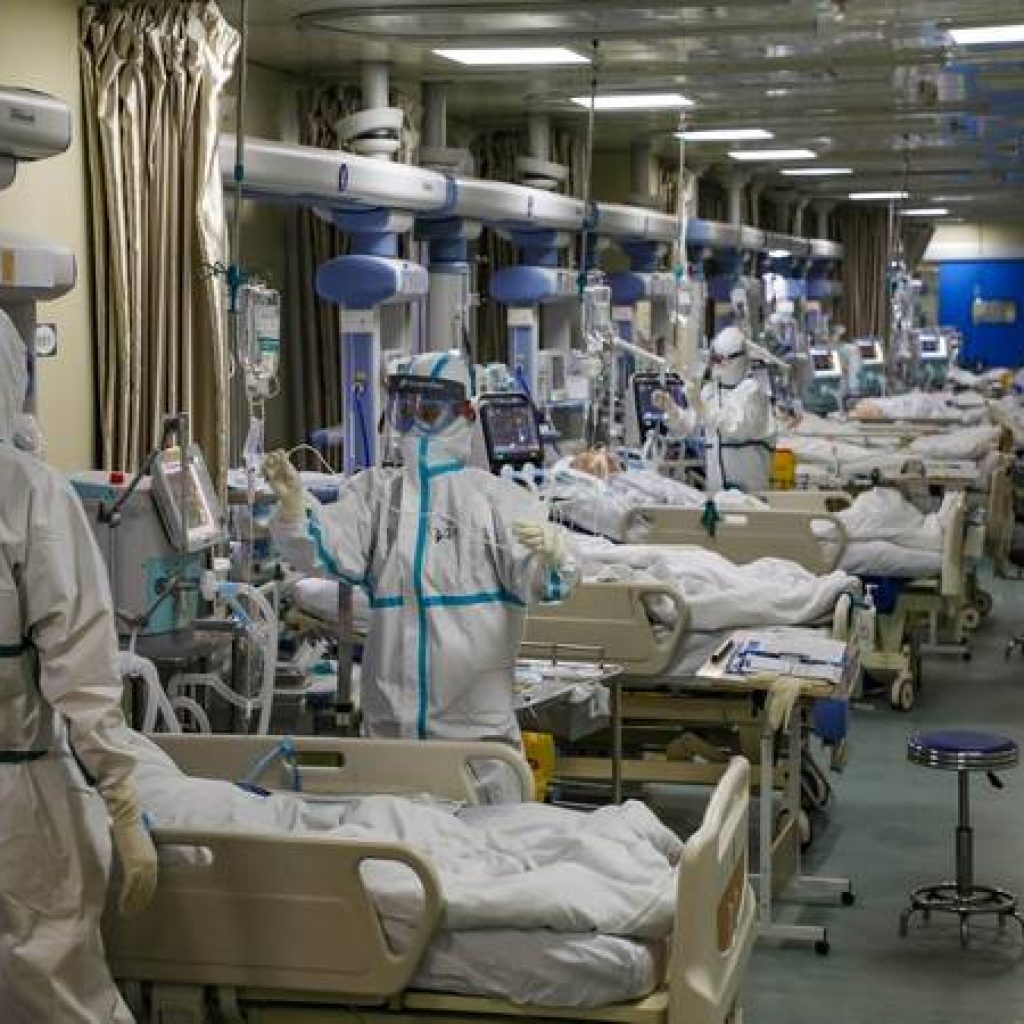
Similarly, the focus on governance and accountability was intended to strengthen oversight and management of primary healthcare services through real-time monitoring of available supplies and essential medicines, the Dawn reported citing the press release.
The initiatives in this area included setting up a central information platform for provincial authorities to assess gaps in service delivery across public and private healthcare facilities, the statement read.
Moreover, the focus on healthcare financing was to improve the financial management of primary healthcare centres for better expenditure tracking and budget forecasting to sustain quality healthcare services and delivery, the Dawn reported citing the press release.
“The programme will benefit all communities through improvements to provincial primary healthcare systems, particularly those in approximately 20 districts that suffer from having the least access to health and nutrition services,” the press release read. (ANI)


